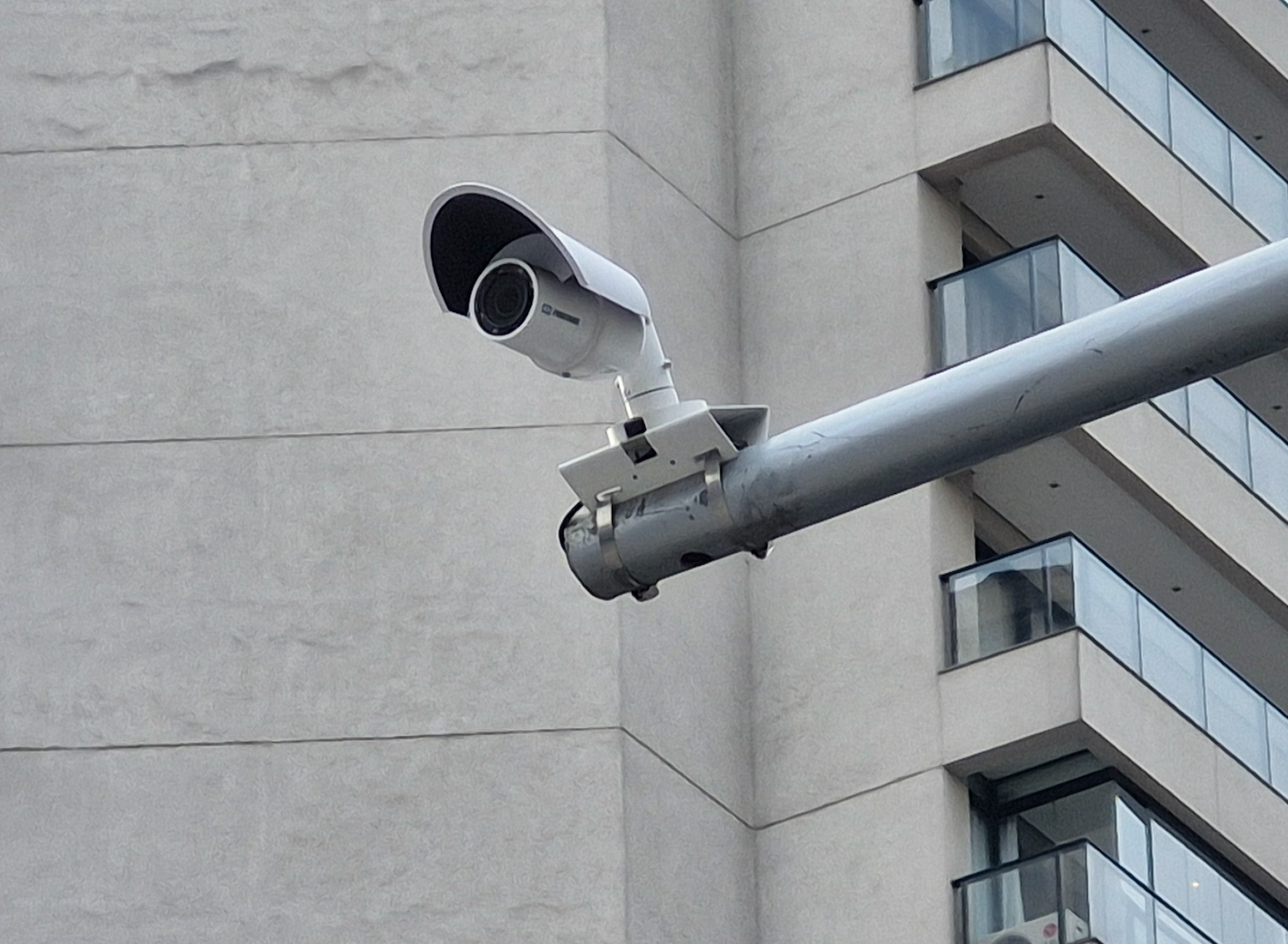- Cities are increasingly turning to automated cameras to enforce traffic laws, but some states are outlawing or restricting the practice. (Route Fifty)
- Tesla is considering starting an autonomous rideshare service to compete with Uber, Lyft and Waymo. (Axios)
- Although electric, robotaxis will increase emissions by encouraging longer commutes and circling when not in use, according to a former Google employee. (Smart Cities Dive)
- Driving is not only unhealthy due to lack of exercise, but people who are stuck in traffic are also more likely to stop for fast food. (Fast Company)
- Scientific American explains why induced demand means that toll lanes and congestion pricing do a better job of easing congestion than adding more lanes.
- The Trump administration set a deadline of March 21 for New York's Metropolitan Transportation Authority to end congestion pricing, but the deadline is likely unenforceable, and the city isn't budging. (NY Times)
- More than half of DoorDash deliveries are made by bike in San Francisco, New York and Washington, D.C., but the figure is less than 10 percent in Atlanta, Houston and Dallas. (Axios)
- Salt Lake City is planning on closing a gap in the bike network with a protected bikeway, unless the Utah legislature prevents it from happening. (City Weekly)
- A study found that crashes resulting in injury fell 61 percent on San Francisco's 32 miles of slow streets, while rising 6 percent citywide. (KQED)
- Washington, D.C. police are cracking down on dangerous driving on two streets where more than 400 people have been hurt in crashes since 2022. (WUSA 9)
- The odds of Maryland winning federal funding for the Red Line in Baltimore look bleak. (Fishbowl)
- The Charlotte Ledger takes a deep dive into the North Carolina bill that would allow the region to put a transportation sales tax on the ballot.
- The Trump administration has delayed approval of the West Seattle Link Extension by 30 to 60 days. (The Urbanist)
- Indianapolis transit agency IndyGo broke ground on the bus rapid transit Blue Line. (WTHR)
- A Colorado bill would require more thorough background checks for Uber and Lyft drivers. (Colorado Public Radio)
- Cleveland Mayor Justin Bibb chose his top transit and bike and pedestrian safety advisor to be the city's new planning director. (Plain Dealer)
- The closure of a Portland bike shop leaves a "bike desert" downtown. (BikePortland)
- Two Hawaii bills would raise fines for certain traffic violations and put the money toward Safe Routes to School. (Hawaii Public Radio)
- UK climate advisors have told the government that they must go further than merely adopting electric vehicles to meet emissions reduction goals by 2040. (Forbes)
Today's Headlines
Monday’s Headlines Were Caught on Tape
Eight states prohibit the use of speed cameras, and more could join them. The cameras work, but maybe banning them would encourage cities to focus on street design rather than enforcement.

Speed cameras in Sao Paulo have helped to reduce the fatality rate.
Stay in touch
Sign up for our free newsletter
More from Streetsblog USA
Monday’s Headlines Are Dragging Their Feet
The Trump administration claims the Biden administration left them with a backlog — but they've actually been far slower at getting transportation money to states than their predecessors, a new analysis finds.
These U.S. Communities’ So-Called ‘Complete Streets’ Policies Don’t Even Deserve the Name
Any city can call itself a "Complete Streets" champion. But not all of them are walking the walk — and if they don't, a top organization says they'll no longer give them a platform on its esteemed "best of" ranking.
Communities Rally To Reclaim Streets From ICE Terror
"This is an attack on Los Angeles. This is an attack on California. On all of us."
Friday Video: The London Neighborhood Where Bikes Outnumber Cars
...and how they got to that impressive milestone.
Friday’s Headlines Battle Galactus
Like the Marvel supervillain, U.S. interstate highway system seems to eat up everything in his path. A new book explores how to stop it.
New Report Shows Pedestrian Fatalities Drop — But Experts Say Not Enough
The Governors Highway Safety Association report showed a 4 percent drop in the number of pedestrian deaths last year, putting a slow on a dangerous trend — but advocates say the drop isn't nearly big enough.





